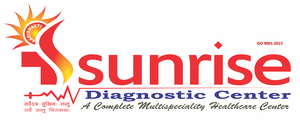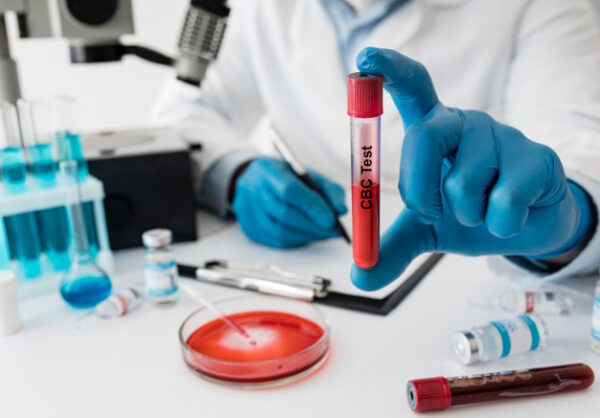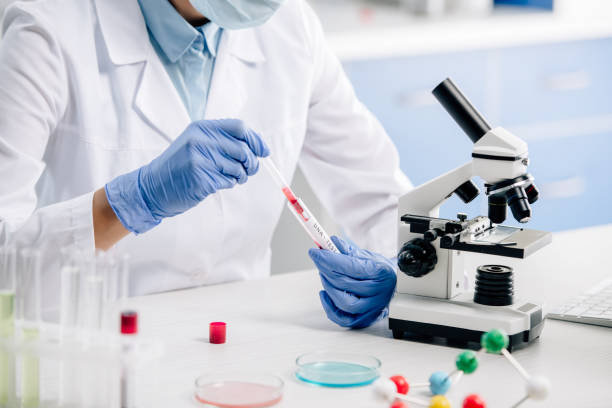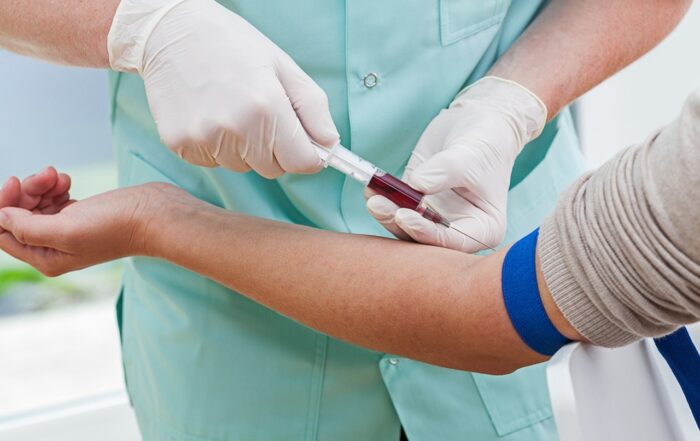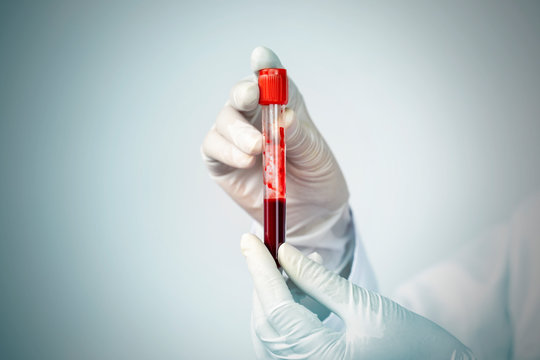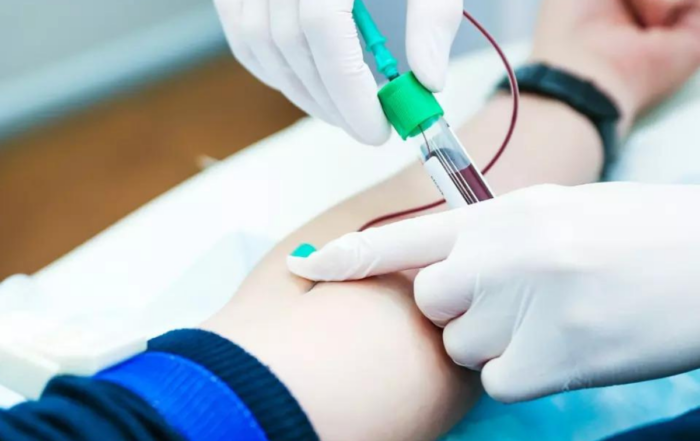Hemogram/CBC Test in Pune
Reports are available by Email as well as on WhatsApp
Email: operationsunrise1@gmail.com
Hemogram/CBC Test in Pune, Kothrud
If you are looking for Hemogram/CBC test near me, Hemogram/CBC test near Kothrud Pune, blood test at home, Hemogram/CBC test lab near me or Hemogram/CBC test in Pune then your search ends here at Sunrise Diagnostic Centre.
Welcome to Sunrise Diagnostic Centre! We offer top-notch Hemogram tests in Pune, providing comprehensive insights into your health. Conveniently located in various areas across Pune, including Warje Malwadi, Karve Road, Shivane, Narhe, Hingane, Sinhgad Road, and Dhayari, our experienced team ensures accurate and reliable results. Take a step towards better health with our state-of-the-art facilities and caring staff. Book your appointment now for a hassle-free experience.
The Complete Blood Count (CBC) is a group of tests that evaluate the cells that circulate in the blood, including red blood cells (RBCs), white blood cells (WBCs), and platelets (PLTs). The CBC can evaluate your overall health and detect a variety of diseases and conditions, such as infections, anemia, and leukemia.
A CBC/Hemogram test measures several components and features of your blood, including:
- Red blood cells, which carry oxygen
- White blood cells, which fight infection
- Hemoglobin, the oxygen-carrying protein in red blood cells
- Hematocrit, the proportion of red blood cells to the fluid component, or plasma, in your blood
- Platelets, which help with blood clotting
Why Get Tested?
To determine your general health status; to screen for, diagnose, or monitor any one of a variety of diseases and conditions that affect blood cells, such as anemia, infection, inflammation, Dehydration, cancer, bleeding disorder, Bone marrow problems and Heart disease.
CBC/Hemogram Test Preparation
If the blood sample is being tested for hemogram or CBC, then you can eat and drink normally before the CBC test in Pune. No fasting is required. If you are getting other tests conducted along with the CBC test, then you might need to fast for a certain period of time before the test. Consult your doctor for specific instructions. Often, CBC test or Hemogram is included in a full body health checkup.
Benefits of CBC/Hemogram Test
A CBC/Hemogram gives your provider a picture of your overall health. Using a small amount of blood, a CBC/hemogram can help detect hundreds of conditions, disorders and infections. It allows your provider to monitor your health, screen for disease and plan and adjust treatment.
Hemogram/CBC test cost in Pune
Looking for a cost-effective Complete Blood Count (CBC) test in Pune? Visit Sunrise Diagnostic Center for a reliable CBC test at just 240 INR. Book your appointment now!
CBC/Hemogram Results
When you get your report, you’ll see two columns: “reference range” and your results.
- If your results are inside the reference range, they’re considered normal.
- If your results are higher or lower than the reference range, they’re abnormal.
- Mild anemia is one of the most common reasons your results might be off.
Each lab has different ways of studying your blood. So the reference range will depend on the lab that handles your blood tests. It’s also based on things that can affect your blood like your age, your sex, and how high above sea level you live.
The Normal Ranges of Component in CBC/Hemogram
| Components | Values and Ranges |
|---|---|
| Hemoglobin |
|
| Hematocrit |
|
| Mean corpuscular volume |
|
| White blood cell (WBC) |
|
| Red blood cell (RBC) |
|
| Platelets |
|
Why Sunrise Diagnostic Centre?
Sunrise Diagnostic Centre (A Unit of Aadishakti Healthcare Pvt. Ltd.) is an integrated healthcare model, providing multiple healthcare services under one roof, in a state-of-the-art facility, equipped with ultra-advanced medical equipment with cutting-edge technology.
Sunrise Diagnostic Centre is NABL and ISO Certified & Trusted by 122 Doctors & 30+ Hospitals, We offer a comprehensive range of 4000+ clinical laboratory tests and Home Collection Services in Pune. which are used for prediction, early detection, diagnostic screening, confirmation and/or monitoring of the disease.
Book a blood test or expert health check-up package online with Sunrise Diagnostic Centre-
Frequently Asked Questions
Hemoglobin and hematocrit are both red blood cell measurements that are used to help diagnose nutritional deficiencies, acute illnesses, and chronic medical conditions. Hemoglobin is a protein in the red blood cells (RBCs), and hematocrit reflects the percentage of blood volume that is composed of red blood cells
The process usually takes 5 to 10 minutes. However, sometimes it may take more time to identify a vein. Factors such as dehydration, the experience of the phlebotomist, and the size of your veins can impact how quickly a blood draw can be done.
In general, the reference ranges are: White blood cells: 4,500 to 11,000 cells per microliter (cells/mcL) Red blood cells: 4.5 million to 5.9 million cells/mcL for men; 4.1 million to 5.1 million cells/mcL for women. Hemoglobin: 14 to 17.5 grams per deciliter (gm/dL) for men; 12.3 to 15.3 gm/dL for women.
How you prepare. If your blood sample is being tested only for a complete blood count, you can eat and drink normally before the test. If your blood sample will be used for additional tests, you may need to fast for a certain amount of time before the test. Your doctor will give you specific instructions.
This test is necessary in diagnosing anemia, hematological cancers, infections, acute hemorrhagic states, allergies, and immunodeficiencies. Also it is used for monitoring side effects of certain drugs. A pediatrician is frequently challenged for evaluating complete blood count as a part patient’s assessment.
4.8 Google Ratings and 3085+ Reviews
If you are looking for Hemogram/CBCTest in Pune then contact us now!
Frequent Searches
Hemogram/CBC Test in Kothrud | Hemogram/CBC Test Price near me | Hemogram/CBC Test Center, Kothrud, Pune | Hemogram/CBC Test Near Me | Hemogram/CBC Test Near Me | Hemogram/CBC Test in Karve Nagar | Cost of Hemogram/CBC Test in Pune | Hemogram/CBC Test Price in Pune | blood test at home | Hemogram/CBC Test Centres in Pune | Hemogram/CBC Test Lab Near Me
Call Us Now!
9028801188, 9028566644, 9028566611
Serving Areas
Hemogram/CBC Test in Karve Nagar | Hemogram/CBC Test near Karve Road | Hemogram/CBC Test in Kothrud | Hemogram/CBC Test in Bavdhan | Hemogram/CBC Test near Viman Nagar | Hemogram/CBC Test near Vishrantwadi | Hemogram/CBC Test near Wadgaon Sheri | Hemogram/CBC Test near Kharadi | Hemogram/CBC Test near Katraj | Hemogram/CBC Test near Dhankawadi | Hemogram/CBC Test in Warje | Hemogram/CBC Test in Bavdhan | Hemogram/CBC Test in Paud Road | Hemogram/CBC Test in Chandani Chowk | Hemogram/CBC Test in Aundh | Hemogram/CBC Test in Baner | Hemogram/CBC Test in Pashan | Hemogram/CBC Test in Shivajinagar
